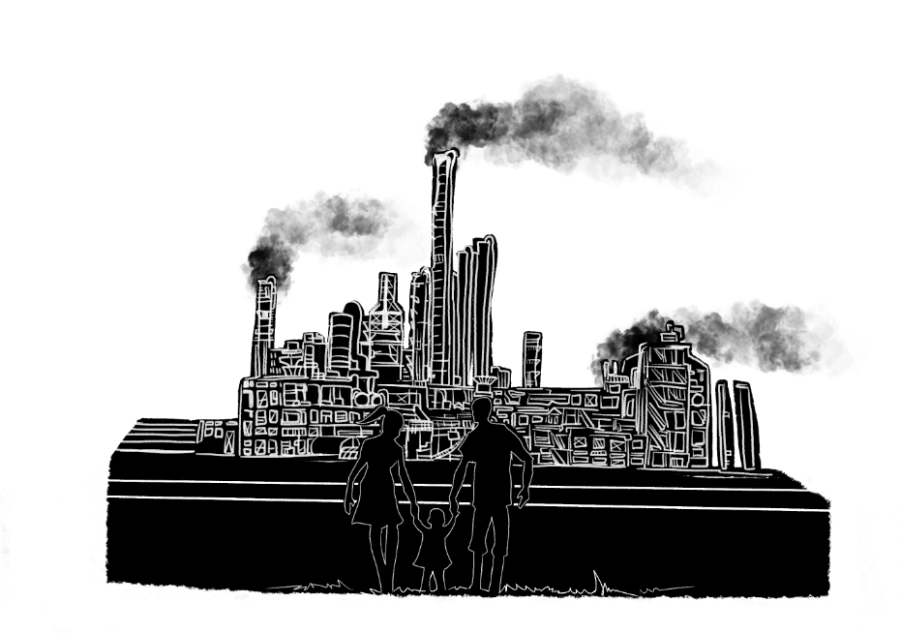Bane of Cancer Alley
April 25, 2023
Imagine living in a town where refineries and chemical plants can be seen on every block. As a result of the industrial activity occurring in your neighborhood, you face a risk of cancer nearly 50 times the national average in 2014. This scenario is the experience of every person living in Louisiana near an 85-mile stretch along the Mississippi River dubbed “Cancer Alley.” Despite a lawsuit filed in February by the U.S. Justice Department and a visit by the Environmental Protection Agency (EPA) chief to a rubber plant, more should have been done sooner.
“Almost every household has someone that has died from cancer,” Mary Hampton, a resident of Reserve, Louisiana, told the Guardian in 2019. “It’s the worst thing you’d ever want to see: a loved one, laying in that bed, pining away, dying. Just to sit and look at them, and know you can’t do anything about it.”
Unfortunately, Hampton’s experience is not unique. In an area plagued by toxic air pollution for decades, “Cancer Alley” communities are regularly exposed to carcinogens and harmful chemicals emitted from more than 150 chemical plants. The St. John the Baptist Parish, where Reserve is located, has the Denka Performance Elastomer plant, which produces chloroprene used in rubber.
Identified as a carcinogen in 2010 by the EPA, the inaction of the federal government and local representatives has led to continual injustice in a known issue. Despite constant warnings from the EPA about the Denka plant since 2016, the plant continues to operate less than half a mile from Fifth Ward Elementary School.
“Cancer Alley” is a symptom of a larger problem: the lack of accountability in enforcing environmental regulations. This year alone, the train derailment in East Palestine, Ohio, shows how companies often disregard the health and safety of communities. As a result, we expect the representatives we elect to protect our rights and interests.
And yet, we continue to see crises and disasters with long-term consequences, such as the water crisis in Flint, Michigan. While the recent measures by the EPA and the federal government are much appreciated, gross negligence has persisted for decades. We place trust in our governments, but our needs are constantly neglected until it is too late. How much more will it take for more preemptive responses to occur?







